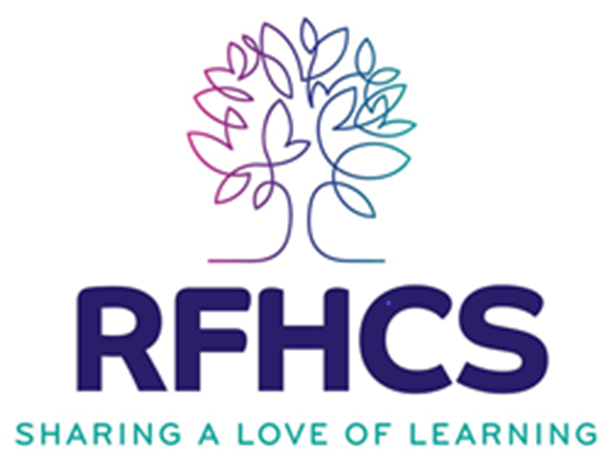Trauma Informed Practice
Royal Free Hospital Children's School (RFHCS) received ARC (Attachment, Relationships, Competency) training during the summer term 2020. Since this time, the school have reviewed key policies to ensure they are trauma-informed and three members of staff have been released from the RFHCS to join the TIPiC project and support other schools in Camden to implement trauma-informed practice.
RFHCS have reviewed school systems, such as their behaviour policy, to reflect trauma-informed practice. The changes promoted inclusive and moved away from policies that may increase feelings of ‘rejection’ or focused on behaviours that had been learned due to experiencing trauma and were occurring at a pre-conscious level. The staff involved in the ARC training have also presented case studies at the SENDCo forum, developed the skills of other members of RFHCS staff through ongoing training, and piloted an online intervention that incorporate trauma-informed practice. In addition, the school have a designated lead for student and staff wellbeing, who is responsible for developing a focus on wellbeing throughout the school.
The three members of RFHCS staff supporting Camden schools with TIPiC have reported positive experiences of the process so far, for example, the joint working with other services, peer supervision groups and experiences with school involved in the project. The follow-up support has varied by school but examples include supporting a school to develop their ‘forest school’ and implemented a nurture group within the school.
RFHCS staff have been working alongside other professionals to provide the follow-up support, either a member of the EPS or the Primary Learning Support Service (PLSS). In addition, the staff delivering follow-up are invited to regular peer supervision sessions with professionals from the EPS, PLSS, CaMHS, Camden Learning and an external ARC trainer. Feedback so far has suggested that these sessions have been useful to share best-practice and ideas for follow-up, as well as problem-solving around barriers to delivery that arise, such as the need to work remotely during the Covid-19 pandemic.
